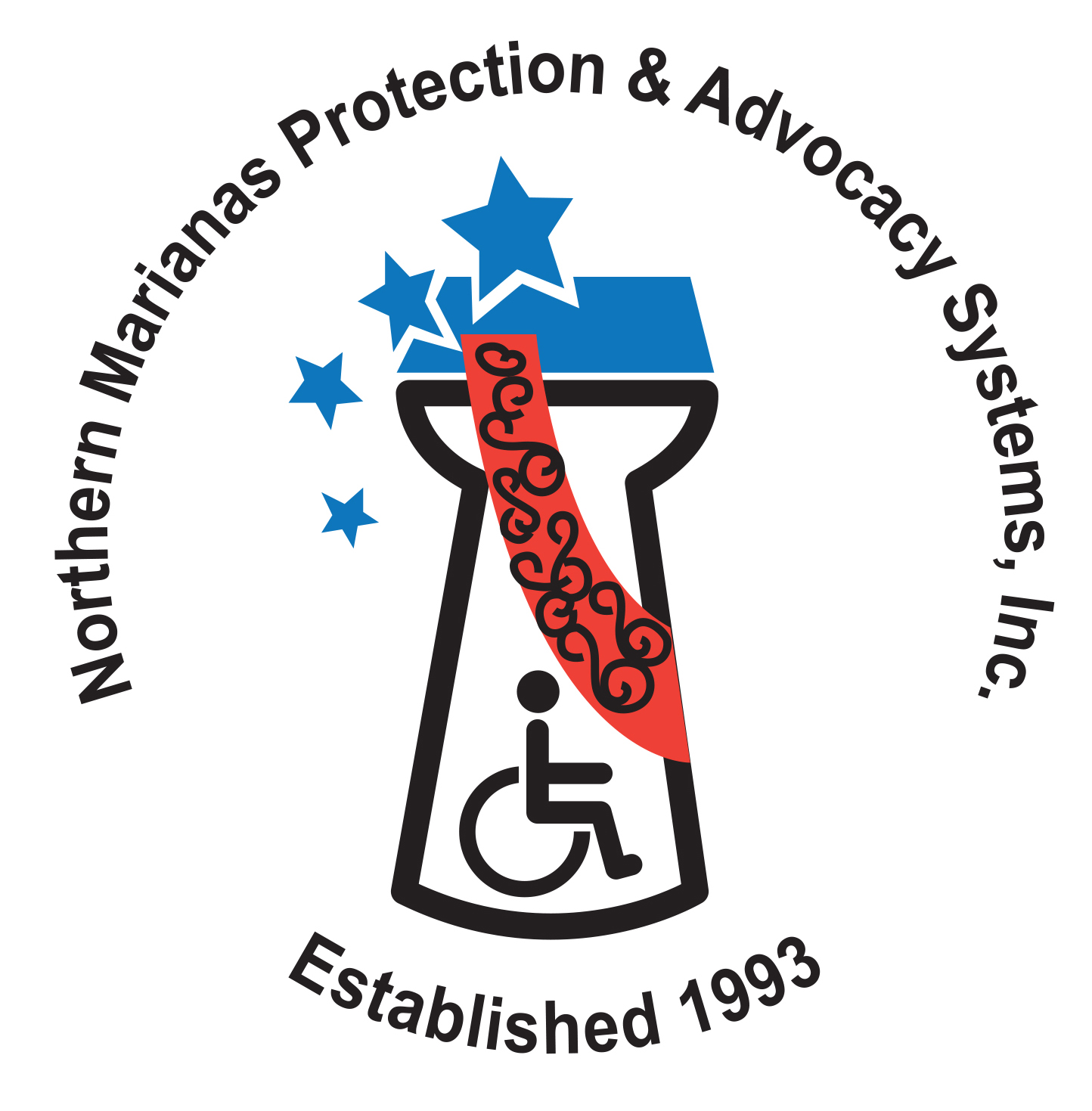SOME of the ongoing development projects in the CNMI are not in compliance with the Americans with Disabilities Act, according to Northern Marianas Protection and Advocacy System Inc. program manager Thomas Thornburgh.
But as a non-profit organization, he said, NMPASI cannot file legal action against erring establishments.

NORTHERN MARIANAS PROTECTION AND ADVOCACY SYSTEM INC. PROGRAM MANAGER THOMAS THORNBURGH WAS THE GUEST SPEAKER AT THE SAIPAN ROTARY CLUB MEETING ON TUESDAY. PHOTO BY JUNHAN B. TODIÑO |
“The problem is unless we have a person who can file a civil suit then we don’t have a way to control other agencies to do whatever it is that we want them to do,” said Thornburgh who was the guest speaker at the Rotary Club of Saipan meeting on Tuesday at the Hyatt’s Giovanni’s Restaurant.
In his presentation, Thornburgh said the Department of Public Works will issue an occupancy permit if an applicant meets Occupational Safety and Health Administration requirements, the fire code and the Americans with Disabilities Act or ADA.
“There are people who come up and ask us to reassess their place to make sure they are up to par with the law,” he said, adding that NMPASI provides free assessments for those who want to ensure they are in compliance with the law.
He said between 1965 and 1968, accessibility became a major concern in America due to “increasing awareness of barriers.”
In 1965, he added, the U.S. Congress created the National Commission of Architectural Barriers to Rehabilitation of the Handicapped.
He said the Architectural Barriers Act was enacted in 1968 to make federal facilities fully accessible to people with disabilities.
“Congress also expected the federal government’s effort to eliminate barriers to set an example for state and local governments and the private sector,” he said.
In 2012, he said the NMPASI formed a committee with representatives from the Department of Public Safety, DPW and the Office of the Attorney General.
“We tried to get everyone on the same page to make our islands more accessible to people with disabilities,” Thornburgh said.
At present, however, the committee has not convened after some of its members were either reassigned or are no longer working for their agencies.
“We need to convene again and we hope we can work with the AG more,” he said, adding that they have yet to meet with Attorney General Edward Manibusan to ask if his office will assign a new representative to the committee.
Asked about the CNMI’s compliance with the ADA, Thornburgh said if Hawaii’s compliance is 10 and Yap is 1, the CNMI will be between 6 and 7.
Thornburgh recounted an accident on Tinian where a person with disabilities fell from his wheelchair after trying to enter a store because the ramp was too steep.
If the establishment was more proactive with disability access there would have been no accident, he added.
Public Law 17-65 states that “businesses or privately owned facilities that provide goods or services to the public and government agencies shall provide accessible parking spaces as required by ADA standards for accessible design.”
“If you alter 40 percent of your floor space then you have to make it ADA compliant after 1990, but if it was done before 1990 you are ‘grandfathered’ in,” Thornburgh said.
Starting in 2010, he added, there are no more exemptions and all new development projects have to comply with the ADA.
As for handicapped parking violations, Thornburgh said these should be reported to the police by calling 911.

